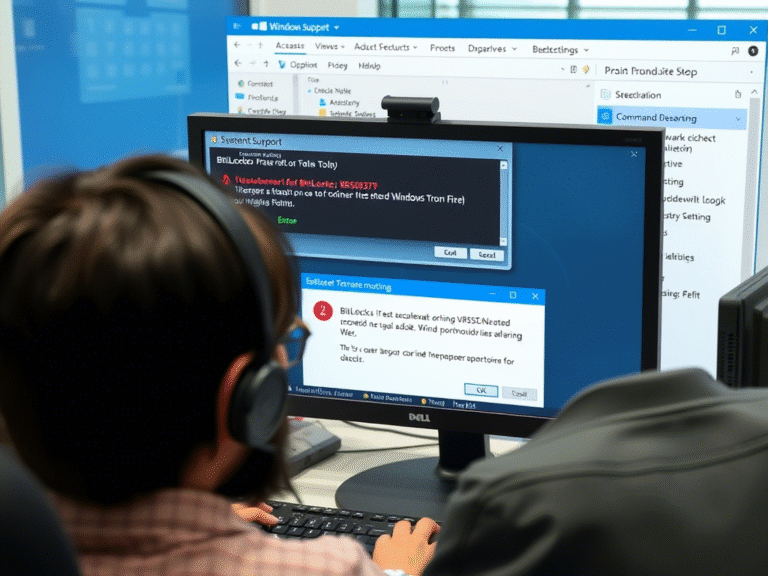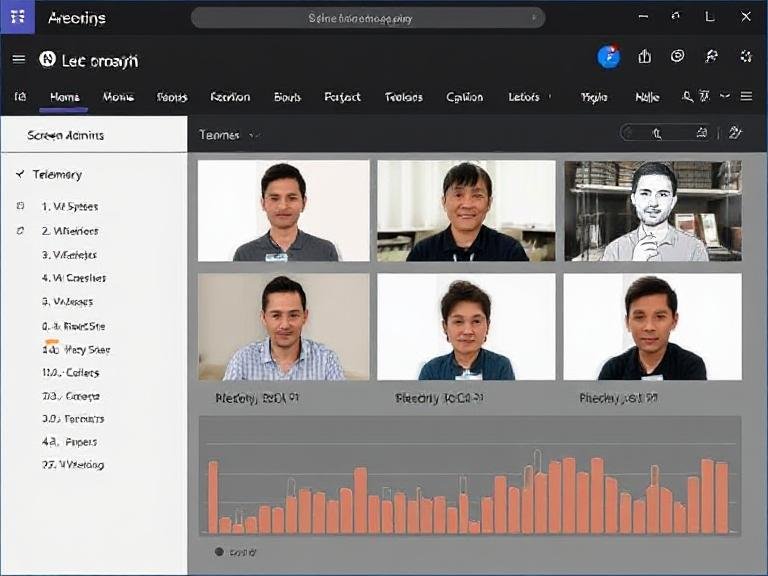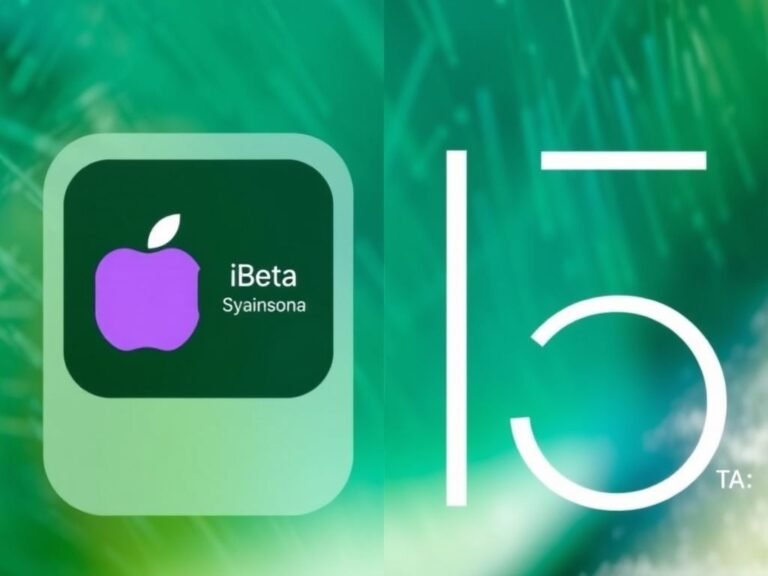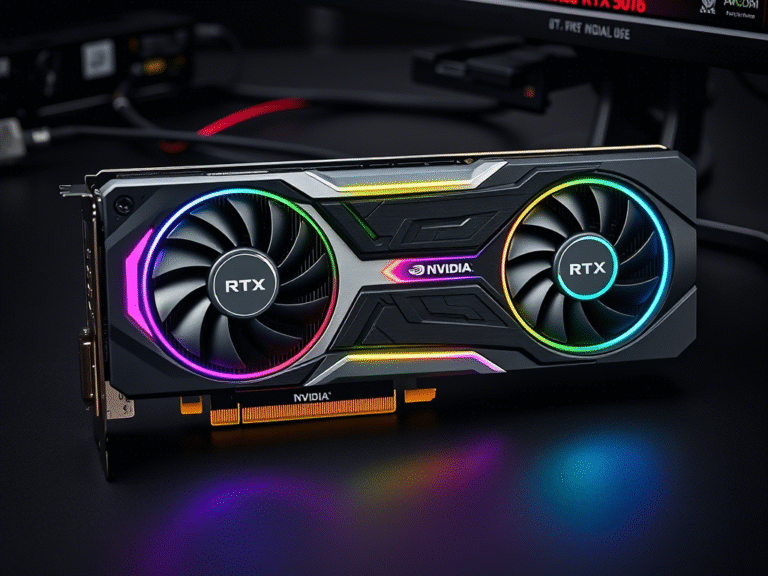Phison: Most SSD Issues in Windows 11 Are Avoidable With Simple Fixes
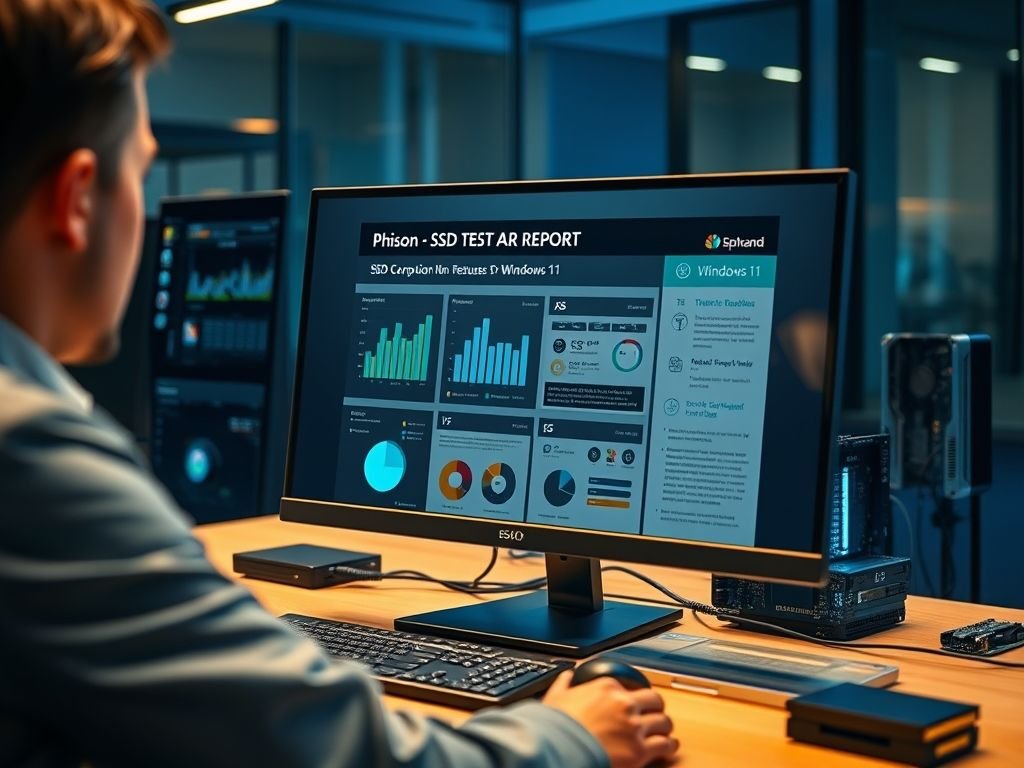
Phison: Most SSD Issues in Windows 11 Are Avoidable With Simple Fixes
Earlier this month, reports surfaced about a potentially serious issue affecting NVMe SSDs — particularly those using Phison controllers — allegedly linked to recent Windows 11 updates, KB5063878 and KB5062660. Users claimed the patches were causing data corruption and, in some cases, permanent drive failure.
Following those concerns, Phison, a major supplier of SSD controllers, confirmed it was investigating the claims. Now, after an extensive round of testing, the company has shared its findings — and the results may surprise some users.
4,500 Hours of Testing, Zero Reproductions
Phison detailed the scope of its investigation:
“As stated on August 18, Phison became aware of the KB5063878 and KB5062660 updates on Windows 11, which were reported to potentially impact certain storage devices, including some using our controllers. In response, we conducted over 2,200 test cycles and dedicated more than 4,500 cumulative testing hours to evaluate the reported issues.”
Despite the depth and rigor of the tests, Phison said it was unable to reproduce any of the reported failures. Additionally, the company noted that no partners or customers have officially reported drive damage or data loss tied to these updates.
This suggests that while individual cases may exist, there is no widespread hardware-level vulnerability caused by the Windows 11 patches — at least not one that Phison can verify under controlled conditions.
Not a Controller Flaw — But User Habits Matter
While Phison found no fault with its controllers, it did emphasize the importance of proper drive handling, especially under heavy workloads.
The company reminded users that sustained write operations — such as transferring large files, extracting massive archives, or running intensive virtual machines — can push NVMe SSDs to their thermal limits. Without adequate cooling, this can lead to thermal throttling, performance drops, or, in extreme cases, long-term reliability issues.
To prevent such problems, Phison continues to recommend:
- Using SSDs with built-in heatsinks or adding a thermal pad/heat spreader,
- Ensuring good airflow inside the PC case,
- Avoiding prolonged high-stress tasks without monitoring drive temperatures.
These aren’t new suggestions — they’re long-standing best practices in the storage industry.
Could User Conditions Explain the Reports?
Given that Phison couldn’t replicate the failures, the company implies that external factors — such as poor cooling, aging hardware, or specific system configurations — might be contributing to the reported issues.
In other words: the problem may not lie with the Windows update or the controller itself, but with how the drive is being used and cooled in real-world setups.
That doesn’t dismiss user experiences — but it shifts the focus from a systemic software bug to environmental and operational variables.
Still Seeing Problems? Contact Support
Phison encourages any user experiencing instability or unexpected drive behavior to reach out through official support channels. This helps the company gather real data, identify potential edge cases, and work with partners to address genuine issues — rather than reacting to unverified claims online.
The company also reiterated its commitment to product reliability and said it continues to collaborate closely with OEMs, motherboard makers, and Microsoft to ensure compatibility and stability across the ecosystem.
Bottom Line: Stay Calm, Stay Cool
For most users, there’s no need to panic. Phison’s extensive testing shows no evidence that these Windows 11 updates are inherently damaging SSDs — especially when drives are properly cooled and systems are up to date.
However, if you’re pushing your NVMe drive hard for long periods, make sure it’s not overheating. A simple heatsink could be the difference between smooth operation and unexpected trouble down the line.

